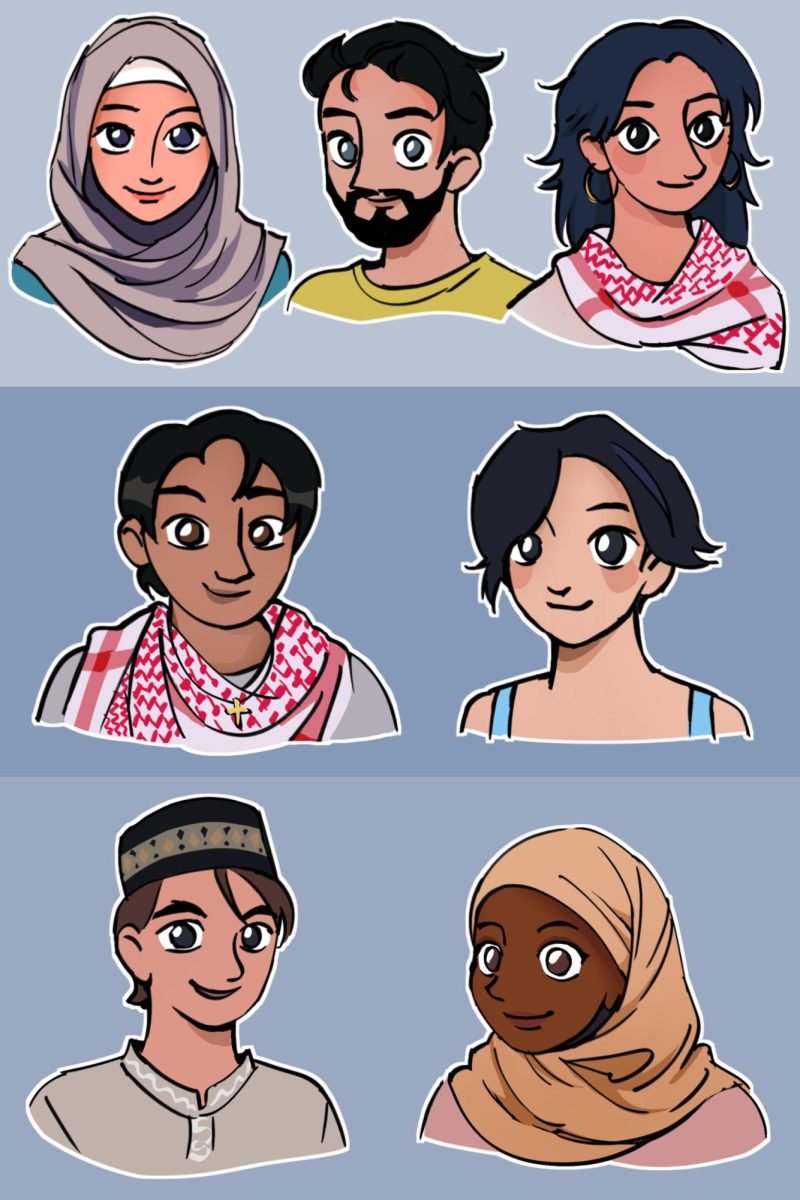In the past few years it has become a growing trend for individuals who feel the need to adamantly defend their constitutional right to free speech to usually be vehemently racist or otherwise problematic white people.
Whether it is Kim Davis, the county clerk who infamously defied the ruling of U.S. Supreme Court and refused to grant same-sex couples in Kentucky their marriage licenses, or Richard Spencer, a bold-faced white supremacist who advocates for “peaceful ethnic cleansing,” the first amendment has become a key rallying point for a growing conservative movement against a culture of “Political correctness.”
This particular view in a battle of principles is usually attributed to an honest and holistic respect for the American constitution as it is written. However, if this is the case, why do we rarely see these proud defendants of free speech when it comes to the frequent silencing of activists and people of color who choose to stand their ground?
A video from Texas State went viral this past semester after a student flew into a fit of rage toward a religious group that had fabricated images to persuade people to be pro-life concerning abortions. In the video, the student sets aside a balloon and bouquet of flowers to proceed through an audibly emotional tirade, kicking and punching various signs displaying graphic “abortion imagery” as an older gentleman attempts to calm him down.
Even many who supported his stance against anti-abortion rhetoric were eager to point out how his actions were “ignorant”, “immature” and a general disgrace to Texas State’s falsely proclaimed “Free Speech Zone.” Texas State is a public university and there is no specifically designated free speech zone, but the point to which students are willing to defend fabricated information that is obscene, hateful and potentially damaging to the mental health of many of their peers indicates a larger issue that perhaps is not tied to the sanctity of an organization’s right to display poster boards.
Considering all of these are factors that should fall under the limits to free speech as defined by the Supreme Court cases Gertz v. Robert Welch Inc. and Miller v. California, it becomes clear that students’ objections to this display of political rage are less rooted in concern for the preservation of constitutional rights, but rather fit a familiar rhetoric that desperately wishes only for peaceful, unobtrusive protests that allow the normalization of violent systems of oppression.
Whether you agree with this student’s actions or not, it is a silly notion to insist that he instead try talking to the organizers of the anti-choice display as if they themselves travel from university to university with the intention of having meaningful discourse and understanding. They purposefully produce hateful imagery and count on our loose understanding of constitutional free speech and need for normalcy as a buffer to spread their falsified information to vulnerable audiences. The more we find the courage to break out of these imagined rules on how to respectfully engage with perpetrators that are rarely held to the same standard respect, the more we can utilize the full range of options at hand when it comes to the dismantling of hateful institutions.
-Tafari Robertson is a public relations senior
Categories:
Freedom of speech is for white people
June 10, 2017
0
Donate to The University Star
Your donation will support the student journalists of Texas State University. Your contribution will allow us to purchase equipment and cover our annual website hosting costs.
More to Discover







